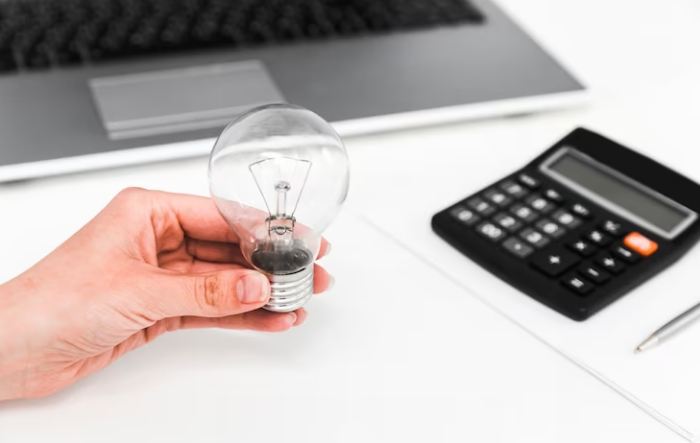In today’s world, where energy costs are on the rise and environmental concerns are paramount, finding ways to save energy is not only beneficial for the planet but also for your wallet. By adopting energy-saving practices and making small changes to your daily routine, you can lower your energy bills and increase your savings. In this blog, we will explore various strategies and tips to help you play the money saving game and reap the rewards of a more efficient and cost-effective lifestyle.
Understanding Energy Consumption
Before we dive into energy-saving techniques, it’s essential to understand how energy is consumed in our homes. The three primary areas where energy usage is the highest are heating and cooling, electricity, and water heating. By targeting these areas and implementing energy-efficient practices, you can significantly reduce your energy consumption.
Energy-Saving Strategies for Heating and Cooling
- Proper Insulation: Ensure your home is properly insulated to minimize heat loss during winters and heat gain during summers. Insulating your attic, walls, and windows can make a significant difference in maintaining a comfortable temperature inside your home.
- Programmable Thermostat: Install a programmable thermostat to automatically adjust the temperature based on your daily schedule. Lowering the temperature when you’re away or sleeping can save a substantial amount of energy.
- Seal Air Leaks: Identify and seal air leaks around windows, doors, and other openings to prevent drafts and energy wastage. Weatherstripping and caulking are effective methods to seal gaps and improve energy efficiency.
- Regular HVAC Maintenance: Schedule regular maintenance for your heating and cooling systems to ensure they operate optimally. Clean or replace air filters regularly to improve airflow and energy efficiency.
Electricity-Saving Tips
- Switch to LED Bulbs: Replace traditional incandescent bulbs with energy-efficient LED bulbs. LED bulbs use significantly less energy, last longer, and provide the same level of brightness.
- Unplug Electronics: Many electronics and appliances continue to consume energy even when not in use. Unplug devices such as televisions, computers, and phone chargers when they’re not actively being used to avoid “vampire” energy drain.
- Power Strips: Utilize power strips to easily turn off multiple devices at once. This is particularly useful for home entertainment systems and computer setups where several devices are interconnected.
- Energy-Efficient Appliances: When purchasing new appliances, look for those with an ENERGY STAR® rating. These appliances meet strict energy efficiency standards and can significantly reduce your electricity consumption.
Water Heating Efficiency
- Lower Water Heater Temperature: Lowering the temperature on your water heater to 120°F (49°C) can save energy without sacrificing comfort. Additionally, consider insulating your water heater to minimize heat loss.
- Shorter Showers, Full Loads: Take shorter showers and opt for full loads when using your washing machine and dishwasher. These practices reduce water consumption and the energy required to heat water.
- Faucet and Showerhead Upgrades: Install low-flow faucets and showerheads to reduce water usage without compromising water pressure or functionality.
- Fix Leaks Promptly: Leaky faucets, toilets, and pipes can waste a significant amount of water and energy. Promptly repair any leaks to conserve resources and lower your water heating costs.
Conclusion
Lowering your energy bills and increasing your savings is not an impossible task. By implementing energy-saving strategies such as proper insulation, using programmable thermostats, switching to LED bulbs, unplugging electronics, optimizing water heating efficiency, and being mindful of your energy consumption, you can make a significant impact on your household expenses while contributing to a more sustainable future. Start playing the energy-saving game today and enjoy the benefits of lower bills and a greener lifestyle.

